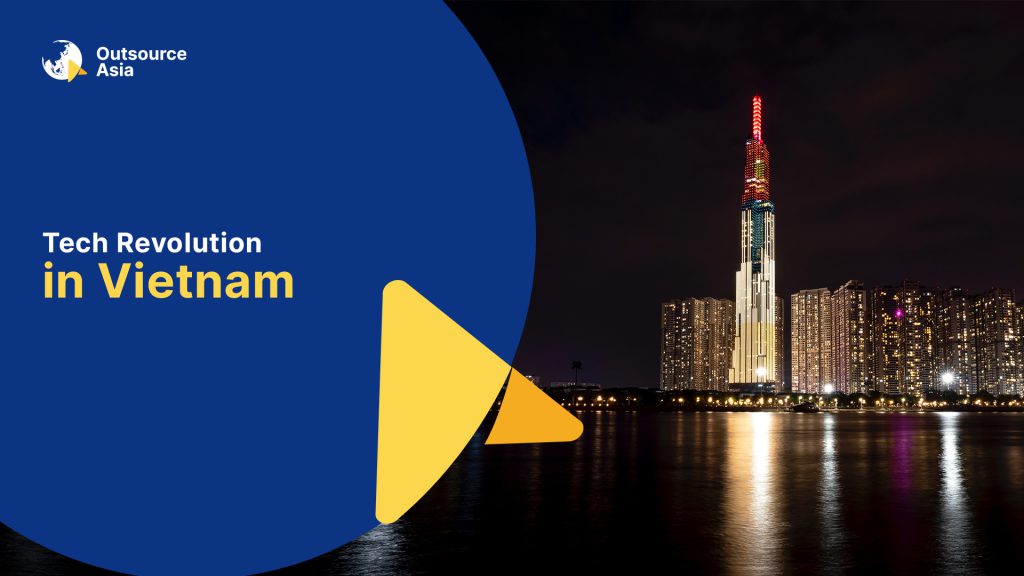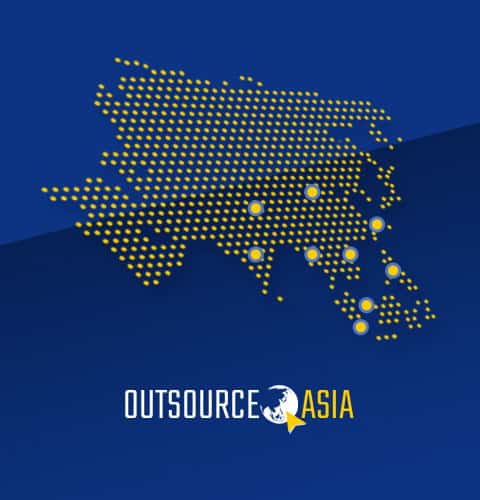
Tech Revolution in Vietnam
This article on the tech revolution in Vietnam examines aspects of the post-pandemic era, examining how organizations respond towards the impact of automation and technology on job availability. It also examines decisions by policymakers and business leaders on aspects of cybersecurity management and data and privacy protection.
Impact of Automation and Technology to Job Availability
When looking at the implications of automation for workers in Vietnam, Vietnamese labor expert Dr Pham Thi Thu Lan acknowledged that automation enabled machines to replace manual labor from the first through the third industrial revolutions. During her interview with Friedrich-Ebert-Stiftung in Asia (FES), she explained that machines competed with humans in terms of physical capabilities while simultaneously creating a demand for brainwork – which necessitates cognitive competence. Nevertheless, she also believed that machines will never be able to replace human awareness and reasoning. Only humans can learn from and communicate with one another, comprehend each other’s sentiments, and build products that meet each other’s wants, according to the notion.
But the revolutionary breakthrough that comes with the Fourth Industrial Revolution, according to Dr Pham Thi Thu Lan, revealed that automation now eliminates not only manual labor but also the majority of human cognitive work. “Sensor technologies, machine learning, and artificial intelligence have all enabled machines to manufacture items that are tailored to each individual’s wants. Because machines can now perform a lot of mental work, if technology is given full reign to develop, occupations for humans will not completely vanish, but certain categories of jobs will be largely mechanized and may go entirely one day.”
This poses a demand for enabling a future-ready workforce in Vietnam. According to survey findings, workers’ current skill sets are vastly different from what is required to navigate successfully the future of work in Vietnam, particularly in terms of multi-skill sets: not only in terms of professional know-how, but also in terms of computer skills, language skills, and systematic thinking skills such as criticality, creativity, systematic problem-solving, and so on. For the time being, business labor training focuses on skills that are required today rather than those that may be required in the future. A decision to adopt new technology, as well as the purchase and installation of such technology, can be made quickly; however, training takes time. From the standpoint of the worker, this will be a significant difficulty if they are not prepared.
Cybersecurity Management and Data and Privacy Protection
There is not a single comprehensive data protection law in Vietnam though in recent years, the Vietnamese government has attempted to follow global best practices in data regulation and privacy protection. Its adoption of the Law on Cybersecurity (LCS) in 2018 is to protect national security, social order, and cyberspace safety. There is also Decree on Personal Data Protection which, among other things, impose financial penalties up to 5% of the total revenues of the company if proven guilty of breach of personal data protection. The Decree on Cybersecurity Administrative Sanctions, on the other hand, sets out specific administrative violations and their corresponding penalties that will impact both domestic and offshore organizations and individuals; however, not all offshore service providers have the localization obligation – only those that receive notification of failure to comply.
This creates a dilemma for Vietnam. On one hand, the government recognizes the importance of the adoption and implementation of cloud computing to positively impact the digital government, digital economy, and digital society. On the other hand, modernization must proceed without affecting free speech nor increase barriers for foreign investors, which would undoubtedly hinder the nation’s fourth industrial revolution ambitions to achieve job growth and economic success.
Learn more about how Outsource Asia can help your organization embrace the future of work.


